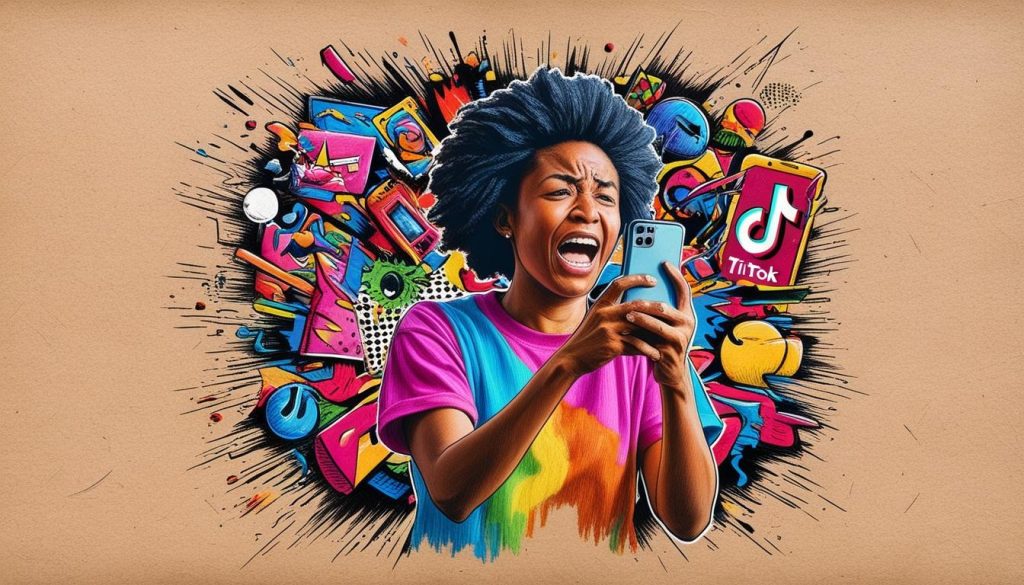As Gen Z embraces a trend of sharing raw and unfiltered life moments on platforms like TikTok, questions arise about the boundaries of digital citizenship and the ethics of online expression.
Over recent years, social media platforms have observed a transformative shift in how users present themselves and their experiences online. Unlike the earlier trend of curating idealised versions of personal lives, there is now a discernible tendency among Gen Z users towards sharing more raw and unfiltered aspects of their existence. Platforms like Instagram and TikTok are replete with content that candidly showcases both anticipated and unwelcome life events, sometimes intentional, other times caught purely by chance.
This trend is especially evident on TikTok, a platform known for its short-form videos and wide demographic reach, where users openly share immediate reactions to personal experiences. For instance, individuals have documented their emotional responses after being abruptly laid off from tech jobs. Others have inadvertently captured their real-time reactions to extraordinary events, such as the rare earthquake that shook New York City earlier this year. Additionally, deeply personal moments, like the anticipation and revelation of at-home pregnancy tests, have been shared with millions, blurring the lines between private life and public consumption.
The authenticity of such posts has occasionally been called into question, with sceptics suggesting that some content creators might exaggerate or fabricate scenarios to attract attention and followers. However, supporters argue that this form of expression reflects an increasingly digital lifestyle where much of daily life unfolds online, naturally leading to the sharing of less curated and more authentic content.
As TikTok continues to grow and shape its unique cultural dynamics, it has fostered a new method of expressing and processing grief online. This raises pertinent questions regarding the appropriateness and sensitivity of such public displays of emotion, especially in the context of serious or somber events.
The discourse surrounding online content and its boundaries was notably highlighted in 2018, when YouTuber Logan Paul came under intense scrutiny. Paul, alongside friends, posted a video that included footage of a deceased person who had apparently committed suicide in a Japanese forest. The backlash was immediate and widespread, compelling Paul to issue an apology. Despite the controversy, it did not result in long-term damage to his digital influencer career.
The Logan Paul incident remains a significant point of reference in discussions about social media ethics and user responsibility. It exemplifies the ongoing debate about where to draw the line in sharing personal and sensitive content with a global audience, raising broader questions about digital citizenship and the evolving nature of public persona in an increasingly online world.
As social media continues its unstoppable march into new territories of human expression, the conversation around its impact and ethical boundaries remains crucial. Whether sharing moments of genuine vulnerability or carefully staged events, the power and reach of platforms like TikTok ensure that these discussions remain at the forefront of societal reflection on digital life.
Source: Noah Wire Services








